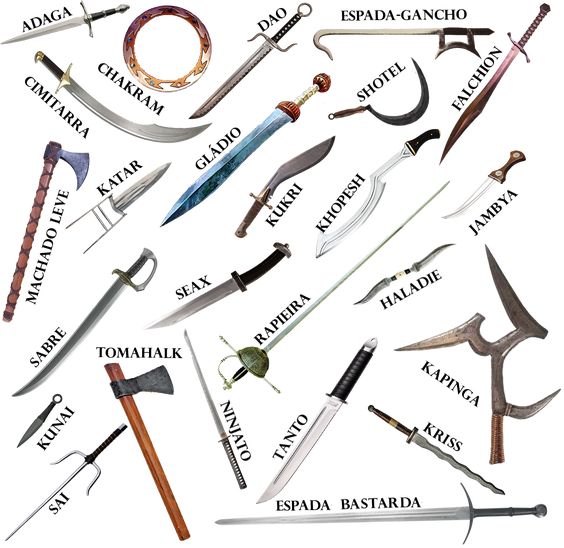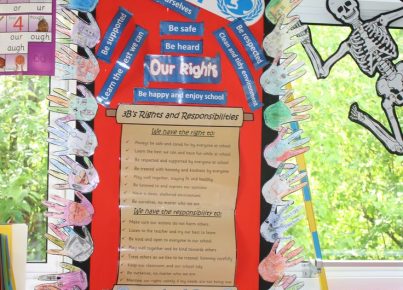Introduction:
Words are a fundamental aspect of human communication and expression. They have the power to connect, educate, inspire, and so much more. However, words can also be wielded as weapons, causing harm to individuals and society as a whole. This article explores the dark side of language—the often-overlooked reality of how words can be deployed as destructive tools, sowing discord, fear, and prejudice.
The Power of Words:
From ancient orators to modern politicians, individuals have harnessed the persuasive power of words. These figures have utilized language to convey their ideas, achieve their objectives, and shape societal norms. Eloquence and rhetoric can indeed be admired for their ability to stir emotions and provoke critical thought.
However, just as words can be employed to elevate and persuade, they can also inflict hurt or manipulate others. When used with malicious intent or insensitivity, words can oppress, deceive, and alienate.
Instances of Words Used as Weapons:
1. Hate Speech: Hate speech is one of the most prominent examples of using words as weapons. Intentionally disseminating dehumanizing language against certain individuals or groups on the basis of their race, religion, ethnicity or other attributes is deeply damaging both psychologically and emotionally. Such speech may also incite violence or discrimination against the targeted group.
2. Cyberbullying: The advent of digital technology has exacerbated word-based attacks by enabling cyberbullying – harassing others online through messages filled with name-calling and insults. Victims often suffer emotional distress as a result.
3. Propaganda: Throughout history, propaganda has been exploited by oppressive regimes to manipulate public opinion and exert control over their populace. Propagandists utilize misleading or manipulative words that distort facts in order to further their agendas.
4. Gaslighting: This psychological manipulation tactic involves undermining someone’s reality by persistently questioning their memories or perceptions. The aggressor uses words to sow self-doubt in their target, causing them to question their own sanity.
Combatting the Destructive Potential of Words:
Recognizing and addressing the pernicious impact of harmful language is essential for fostering inclusive, respectful communities. Here are a few ways to counteract words used as weapons:
1. Promote empathy: Emphasizing empathy and understanding across different cultures and perspectives can foster environments where harmful language is less likely to take root.
2. Educate: Providing education on the consequences of hate speech, cyberbullying, and other abusive language can help individuals become more mindful of the impact their words may have on others.
3. Encourage open dialogues: Cultivating spaces for open, respectful conversations can enable individuals with differing views to engage without resorting to hostility or hateful expressions.
4. Hold accountable: Setting clear standards against the use of destructive language, both in person and online, is essential. Accountability measures can include consequences for violating these standards.
Conclusion:
Words wield immense power – both for good and ill – when used intentionally or carelessly. It falls upon societies, institutions,and individuals to ensure that language is employed constructively and responsibly. By recognizing the destructive potential of using words as weapons and committing to combating it, we can work together towards a world where communication builds connections, understanding, and compassion rather than fostering harm and division.





